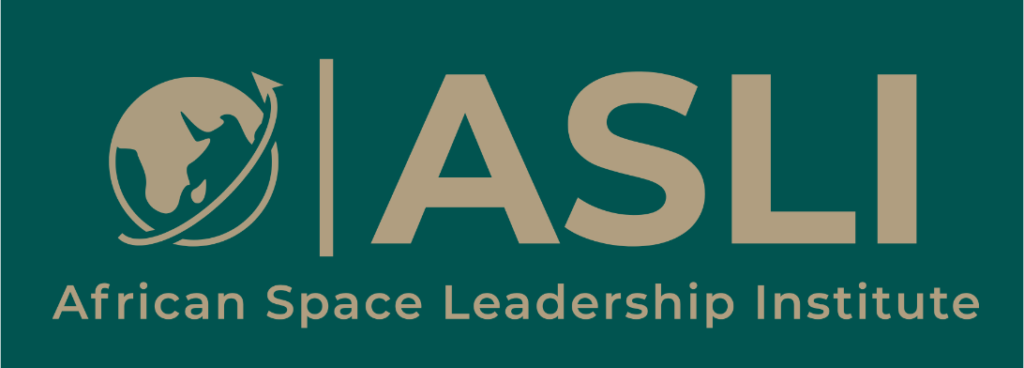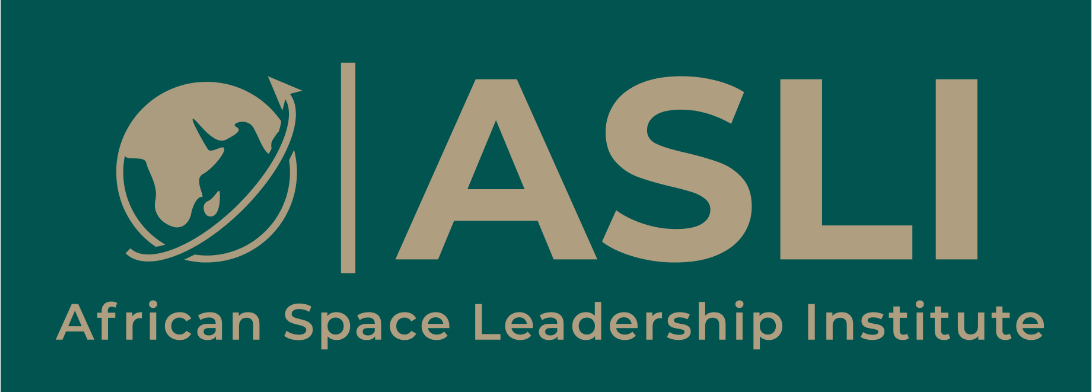About the Course
Space activities are now integral to daily personal and global activities. They contribute to socio-economic and political progress, environmental sustainability, as well as scientific advancement. The World Economic Forum (WEF) and McKinsey project that the global space economy will be $1.8 trillion in about a decade from now. In January 2026, they also released their annual Global Cooperation Barometer, highlighting the state of global cooperation across five pillars, namely: trade and capital; innovation and technology; climate and natural capital; health and wellness; and peace & security.
Space enables trade and commerce, movement of capital, development of innovations and spinoffs, tackling of climate issues, management natural resources, access to good health through access to health information and telemedicine, as well as serves as a tool for promoting peace and security. As such, organisations and countries need to leverage on space cooperation in order to advance their internal and international interests.
Space is a dynamic and complex mix of competition, conflict and cooperation. It is also described as a congested, contested and competitive domain. Actors include private companies, international organisations and nation-states.
This course is aimed at equipping professionals, policy makers, representatives, and stakeholders, with the knowledge and skills needed for strategic space cooperation and diplomacy.
Participants will learn how to develop frameworks for sustainable and inclusive programmes, initiatives and ventures, both locally and globally. They will also understand how to link space policies and programmes with national interests (internal and international) while responding to local and international obligations.
Beginning with international relations theory, the course explores systems, means and tools of space cooperation and diplomacy.
Expected learning outcomes
- Understand how national interests influence space activities, trade, technology transfer and exports
- Appreciate the importance of space cooperation
Learn to utilise the tools of space diplomacy
Learn the principles of space diplomacy
Understand the nexus between air space and outer space, foreign policy and space policy, as well as space-cyber-nuclear nexus
Ability to engage in bilateral and multilateral discussions and negotiations
Enhanced understanding of space policy and law frameworks
Who should attend?
Government officials
Council members
Public servants
Business development managers and business growth leads
Foreign service officers
Science/Space attachés
Organisation/Team Leads
Journalists
Young professionals
Students
Benefits of participation
Access relevant space policy, law and governance documents
- Acquire knowledge and skills in space cooperation and partnerships
Understand rationale, ways and tools of international cooperation
Gain knowledge about space policy, law and governance
Earn a verifiable certificate in Space Diplomacy
Become part of the ASLI Network
Course highlights
The outer space environment: what, where, why and how?
Benefits and applications of space exploration
International relations theory and applications to outer space
Space geopolitics
- Space economy
UN space treaties, principles and resolutions
Role of visiting and permanent missions
Tools and means for space cooperation
Norms, Principles, Guidelines and Standards
International Space Organisations
Space-Cyber-Nuclear Nexus
Facilitators for 2025 cohort
- Davis Cook (Chairman, Research Institute for Innovation and Sustainability, South Africa)
- Dr. Valanathan Munsami (Deputy CEO, Saudi Space Agency; and Co-founder, ASLI)
- Prof. James Chibueze (Distinguished Professor, Astronomy and Astrophysics, University of South Africa)
- Prof. Eghosa Osaghae (Director-General, Nigerian Institute of International Affairs)
- Dr Sarah-Jane Gill (Head, PNT Department, UK Space Agency)
- Dr Arnold Agaba (Chair, Research Group on African Air and Space Law, McGill Institute for Air and Space Law, Canada)
- Dr. Taiwo Tejumola (Department of Aeronautical and Astronautical Engineering, University of Southampton, UK)
- Giulia Pavesi (Research Fellow, European Space Policy Institute)
- Dr. Masami Onoda (Director, International Relations and Research Department, Japanese Aerospace Exploration Agency)
- Dr. Itegbeyogene Ezekiel (University College, London)
- Dr. Phylis Makurunje (Bangor University, UK)
- Etim Offiong (Co-founder, ASLI)
Recommended readings
Scramble for the Skies: The Great Power Competition to Control the Resources of Outer Space by Namrata Goswami and Peter A. Garretson
Protocol: The Power of Diplomacy and How to Make it Work for You by Capricia Penavic Marshall
Space to Grow: Unlocking the Final Economic Frontier by Matthew Weinzierl and Brendan Rosseau
Course date
19 – 30 Oct 2026
Time
13h00 – 15h00 GMT each day
Mode
Online using a proprietary Learning Management System (LMS)
Registration
ZAR 6.470
For more information, please contact info@aslispace.org

